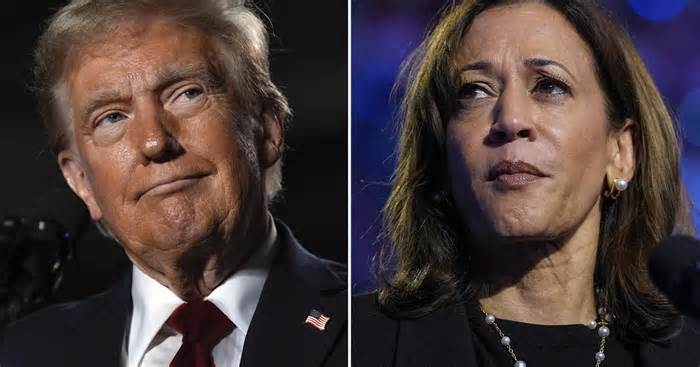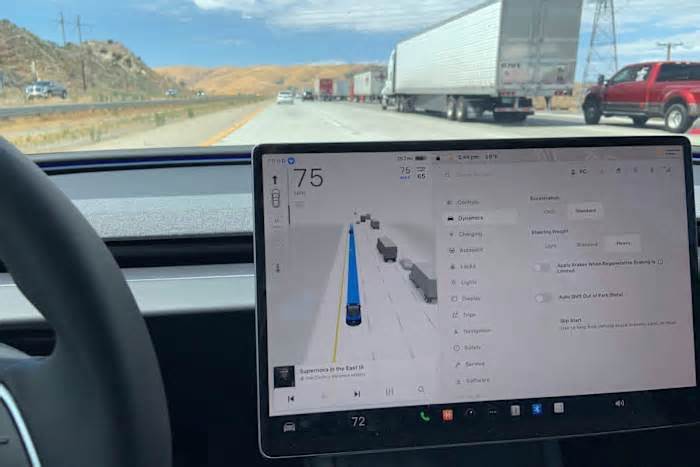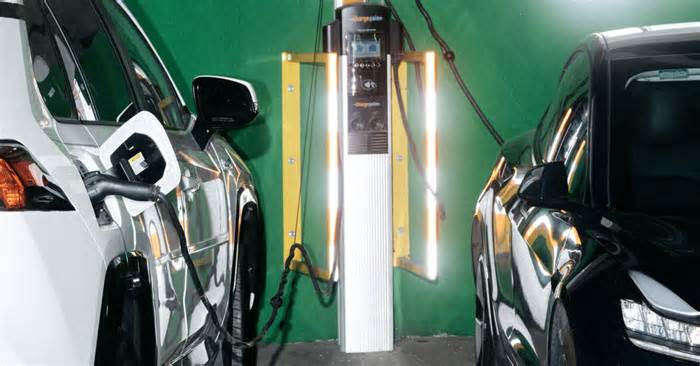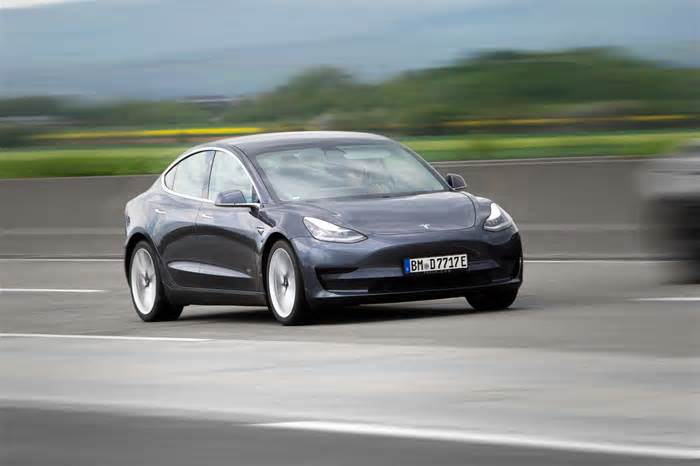
Harris and Trump make final push in battleground states ahead of 2024 election
- by CBS News
- Nov 04, 2024
- 0 Comments
- 0 Likes Flag 0 Of 5

9:18 AM / November 3, 2024
The evolving "Wild West" of political advertising
The evolving "Wild West" of political advertising
07:15
We've all seen a lot of political ads lately. But in battleground states, it's a tsunami. Jack Levis is an independent voter in Bucks County, Pennsylvania, which makes him one of the most desirable voters on the planet: "Emails, texts, phone calls, it's in my news feed, it's in social media. In the last two days, I counted, I had 30 spam emails in there all about the election," he said. "It's unbelievable."
Not to mention TV and radio commercials. "Come on, it's everywhere!" he laughed. "Are you kidding me? Ad after ad after ad!"
Erica Franklin Fowler, co-director of the Wesleyan Media Project, which tracks campaign advertising, and co-author of "Political Advertising in the United States," says she actually enjoys watching political ads. But, she adds, "I will first apologize to all of the residents of battleground states, because I feel their pain."
Asked if political ads actually convince anybody, Fowler said, "Political advertising does not have the sort of massive influence that sometimes citizens think that it does. Political advertising really only matters at the margin. That doesn't mean the margin doesn't matter, right? The margin in this competitive election cycle is going to be the difference between making it into the White House and not."
And what about negative versus positive messages? "There's no doubt that negativity is more memorable," she said. "It is more emotion-provoking."
We may hate those attack ads, but Fowler says the positive ones don't say much. "Citizens hate negativity," Fowler said. "Negative ads tend to be more policy-based, more issue-focused, and those details actually are very important for citizens who don't otherwise pay a lot of attention to politics."
It used to be that we all saw the same ads. In 1964, Lyndon Johnson's "Daisy" commercial implied that his opponent, Barry Goldwater, would launch a nuclear war; and in 1988, George W. Bush's infamous "Willie Horton" ad made his opponent, Michael Dukakis, look dangerously soft on crime.
Please first to comment
Related Post
Stay Connected
Tweets by elonmuskTo get the latest tweets please make sure you are logged in on X on this browser.
Sponsored
Popular Post
Tesla: Buy This Dip, Energy Growth And Margin Recovery Are Vastly Underappreciated
28 ViewsJul 29 ,2024







 Energy
Energy

















